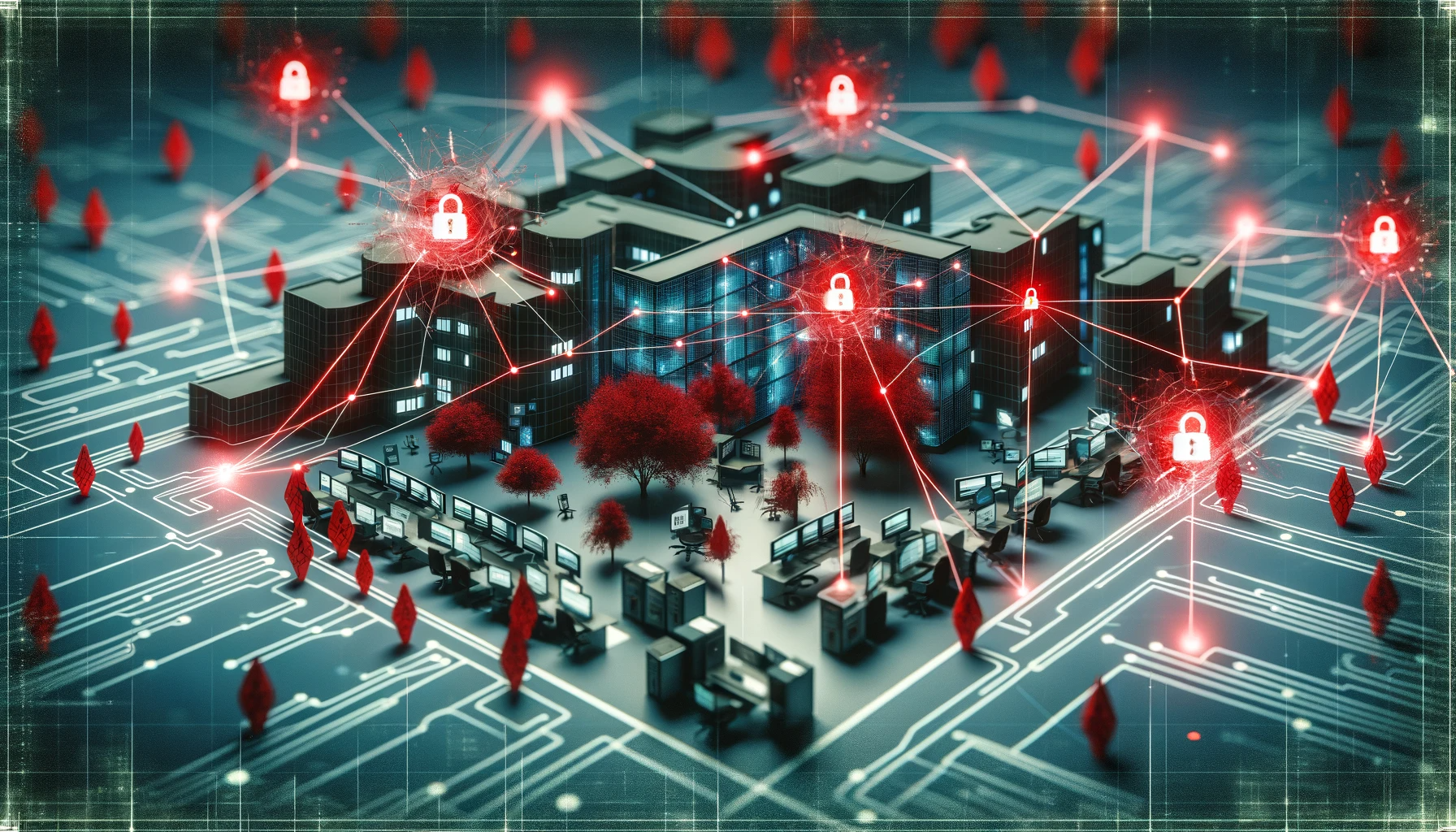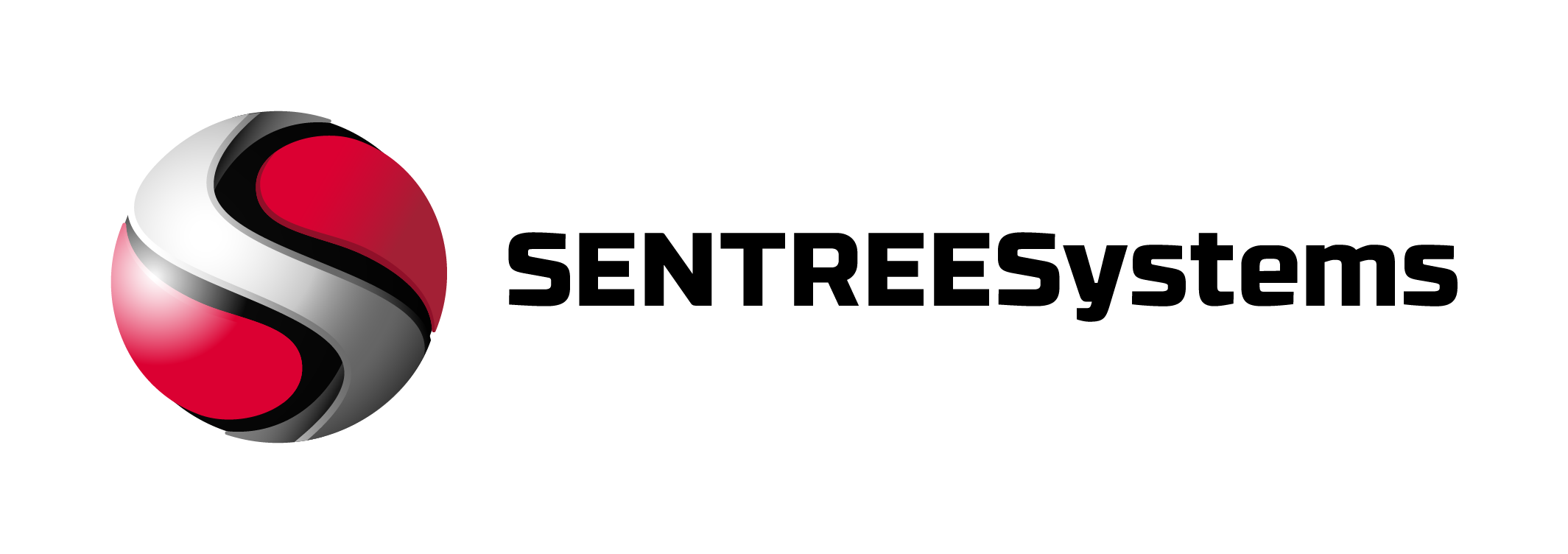“Cybersecurity and HIPAA compliance are crucial in today’s digitally-driven healthcare era.”
Simultaneously, the practice of protecting systems and data from digital attacks has become crucial in safeguarding sensitive medical information. Medical practices face an array of cyber threats such as malware, ransomware, and phishing. These threats are not just theoretical; numerous healthcare institutions have fallen victim to cyber-attacks, suffering significant data breaches with severe consequences. The Health Insurance Portability and Accountability Act (HIPAA) sets the standard for protecting sensitive patient data. Compliance is not optional; it’s a legal requirement. Violations can lead to hefty fines and damage to your practice’s reputation. HIPAA compliance isn’t just about ticking boxes; it’s about genuinely safeguarding patient information. Effective cybersecurity measures are the backbone of HIPAA compliance.
Key Takeaways:
- Cybersecurity and HIPAA Compliance are Critical: The integration of digital technology in healthcare necessitates a strong focus on cybersecurity and strict adherence to HIPAA regulations.
- Types of Cyber Threats: Medical practices are vulnerable to various cyber-attacks, including malware, ransomware, and phishing, which can compromise sensitive patient information.
- The Importance of HIPAA Compliance: Compliance with HIPAA regulations is not optional and is essential in protecting patient data. Violations can result in severe fines and damage to a practice’s reputation.
- The Correlation between Cybersecurity and HIPAA Compliance: Effective cybersecurity measures are crucial in maintaining compliance with HIPAA regulations, as cybersecurity lapses can lead directly to non-compliance issues.
- The Role of Medical Practices in Data Protection: Every healthcare provider has a moral obligation to safeguard patient information, and taking proactive steps to evaluate cybersecurity posture and seek professional assistance is essential in maintaining the integrity of a practice.
The Cybersecurity Landscape in Healthcare
Some of the most critical challenges facing the healthcare industry today revolve around the integration of digital technology and the protection of sensitive patient data. As medical practices transition to electronic health records and telemedicine, the need for robust cybersecurity measures has never been more pressing.
Common Cyber Threats to Medical Practices
Medical practices are increasingly susceptible to a variety of cyber threats, including malware, ransomware, and phishing attacks. These threats pose a significant risk to the confidentiality and integrity of patient information, potentially leading to severe repercussions for healthcare institutions.
Real-world Consequences of Cyber Attacks
Ransomware attacks have resulted in substantial data breaches and financial losses for numerous healthcare institutions. The fallout of such attacks extends beyond monetary damages, tarnishing the reputation of affected practices and eroding patient trust.
Consequences of falling victim to cyber attacks can include hefty fines, damage to the practice’s reputation, and compromised patient data, underscoring the critical need for proactive cybersecurity measures.

HIPAA Compliance: The Legal and Ethical Framework
Not only is HIPAA compliance a legal requirement, but it also forms the ethical framework for protecting patient data in healthcare practices. Understanding the legal and ethical dimensions of HIPAA is essential for every medical provider.
Overview of HIPAA Regulations
For medical practices, HIPAA regulations set the standard for protecting sensitive patient data, ensuring the confidentiality and integrity of medical information. The regulations encompass a wide range of security measures and standards that are mandatory for healthcare providers to follow, including cybersecurity protocols and risk assessments.
Legal Implications of Non-Compliance
HIPAA non-compliance can have severe legal implications for medical practices, resulting in hefty fines and damage to the practice’s reputation. Violations of HIPAA regulations can lead to devastating data breaches and compromise patient data, undermining the integrity of the medical practice.
Compliance with HIPAA regulations is crucial in maintaining the security and confidentiality of patient information, and medical providers play a vital role in upholding these standards.
The Integral Relationship Between Cybersecurity and HIPAA Compliance
Despite the rapid advancements in digital technology that have revolutionized the healthcare industry, the significance of cybersecurity and HIPAA compliance cannot be understated. The link between cybersecurity and HIPAA compliance is crucial in safeguarding sensitive medical information and maintaining the integrity of medical practices.
How Cybersecurity Breaches Affect HIPAA Compliance
Between the interconnected nature of cybersecurity and HIPAA compliance lies an undeniable correlation. Cybersecurity breaches can have detrimental effects on HIPAA compliance, with a potential compromise of sensitive patient data. The failure to secure systems and protect against digital attacks can result in significant breaches that directly impact the compliance status of a medical practice.
Case Studies Illustrating the Correlation Between Cybersecurity Lapses and HIPAA Violations
Any comprehensive understanding of the correlation between cybersecurity lapses and HIPAA violations can be gleaned from various case studies within the healthcare industry. These real-life examples serve as stark reminders of the severe consequences that result from non-compliance and inadequate cybersecurity measures. Some noteworthy cases include:
- PharMerica Corporation Data Breach (2023): PharMerica, a long-term care pharmacy network, experienced a significant data breach in March 2023. An unknown party accessed their computer systems, potentially obtaining sensitive personal information of over 5.8 million individuals. The compromised data included names, Social Security numbers, addresses, birth dates, medication information, and health insurance details.
- Norton Healthcare Ransomware Attack (2023): Norton Healthcare, a Kentucky-based nonprofit healthcare system, was the victim of a ransomware attack in May 2023. This cyberattack resulted in unauthorized access to the personal data of approximately 2.5 million patients and employees. The hackers accessed a wide range of sensitive information, including names, dates of birth, Social Security numbers, health and insurance information, and medical identification numbers. For some individuals, the breach also included financial account numbers and driver licenses or other government ID numbers.
For more detailed information, you can refer to the articles on Health IT Security and TechCrunch
Compliance with HIPAA regulations is imperative in mitigating the risks posed by cybersecurity breaches. Medical practices must learn from these case studies and prioritize the implementation of robust cybersecurity measures to protect both patient data and the integrity of their practice.
Insider Threats and Employee Errors
To effectively safeguard sensitive medical information, it is crucial for healthcare practices to recognize and address the risks posed by insider threats and employee errors. Despite the focus on external cyber threats, internal vulnerabilities can be just as detrimental to the integrity of patient data.
Recognizing the Risks Within
For small to midsize healthcare practices, it is vital to recognize that the greatest cybersecurity threats often come from within. Employee errors, whether intentional or unintentional, can result in significant breaches and compromise patient data. It is essential for practices to conduct thorough assessments to identify potential insider threats and vulnerabilities within their systems and staff.
Strategies to Mitigate Insider Threats
Within the realm of cybersecurity, there are strategies that healthcare practices can implement to mitigate the risks posed by insider threats and employee errors. By establishing comprehensive employee training programs and implementing strict access controls, practices can effectively reduce the likelihood of internal vulnerabilities. Regular security audits and policies are also crucial in identifying and mitigating these risks.
Strategies to Mitigate Insider Threats: Employee training, access controls, regular security audits, and policies are essential in reducing the risks posed by insider threats and employee errors within healthcare practices.
Cybersecurity Measures and Best Practices
Now more than ever, it is essential for medical practices to implement robust cybersecurity measures and best practices to protect sensitive patient information from digital threats. In an era where healthcare relies heavily on digital technology, the integrity of your practice depends on the effectiveness of your cybersecurity protocols.
Conducting Regular Risk Assessments
For medical practices, conducting regular risk assessments is paramount in identifying potential vulnerabilities and weaknesses in your cybersecurity infrastructure. By evaluating the security posture of your practice, you can proactively mitigate risks and prevent potential data breaches. Regular risk assessments empower practices to stay ahead of emerging threats and ensure compliance with HIPAA regulations.
Implementing Robust Cybersecurity Measures
Assessments reveal the need for implementing robust cybersecurity measures to safeguard against external threats such as malware, ransomware, and phishing attacks. By establishing firewalls, antivirus software, and encryption protocols, practices can enhance their defense mechanisms against cyber threats. These measures are crucial in protecting sensitive medical information and maintaining the trust of patients.
Measures such as encryption, multi-factor authentication, and regular security audits are vital in creating a secure environment for patient data. By proactively addressing potential vulnerabilities and staying informed about the latest cybersecurity trends, practices can ensure the confidentiality and integrity of patient information.
Creating a Culture of Cybersecurity Awareness
After understanding the critical role of cybersecurity in protecting sensitive medical information, it’s essential to create a culture of cybersecurity awareness within your medical practice. Employee training, engagement, and the development and enforcement of security policies are vital components in fostering a proactive approach to cybersecurity.
Importance of Employee Training and Engagement
Engagement and ongoing training are crucial in ensuring that all employees understand the risks associated with inadequate cybersecurity measures. By educating and engaging employees, you can empower them to become the first line of defense against cyber threats. Regular training sessions and workshops can keep employees informed and vigilant, instilling a sense of responsibility in safeguarding patient data. Encouraging employees to report any suspicious activity or potential security breaches can create a collaborative and proactive environment.
Developing and Enforcing Security Policies
One of the fundamental pillars of a strong cybersecurity posture is the development and enforcement of robust security policies. These policies should outline clear guidelines for data protection, access control, and incident response. Establishing protocols for password management, data encryption, and secure communication channels can significantly reduce the risk of data breaches. Enforcing these policies ensures that every employee understands their role in maintaining data security and acknowledges the consequences of non-compliance with HIPAA regulations.
Partnering with Cybersecurity Experts: The Role of Sentree Systems
For medical practices looking to enhance their cybersecurity measures, partnering with a trusted cybersecurity expert is paramount. Sentree Systems specializes in addressing the unique cybersecurity needs of small to midsize healthcare practices, offering a range of services aimed at safeguarding sensitive patient information and ensuring HIPAA compliance.
Services Offered for Small to Midsize Healthcare Practices
To meet the specific cybersecurity needs of small to midsize healthcare practices, Sentree Systems provides a comprehensive range of services. These services include risk assessments, security measure implementation, employee training, and continuous monitoring. By partnering with Sentree Systems, medical practices can ensure that their cybersecurity measures are effectively implemented and maintained to withstand evolving cyber threats.
Custom-tailored Solutions for Continuous Security Monitoring
Customtailored to adapt to the unique requirements of each medical practice, Sentree Systems offers continuous security monitoring solutions. This approach ensures that any potential vulnerabilities or security breaches are swiftly identified and addressed. With Sentree Systems, medical practices can benefit from a proactive approach to cybersecurity, minimizing the risk of data breaches and HIPAA non-compliance.
Partnering with Sentree Systems brings invaluable expertise and support, positioning medical practices to address and mitigate the subtle risks in cybersecurity and maintain the integrity of patient data. With a focus on continuous security monitoring and tailored solutions, Sentree Systems provides the necessary tools and resources for medical practices to stay ahead of potential threats.

FAQ
Q: Why is cybersecurity important in healthcare?
A: In an era where digital technology is integral to healthcare, the importance of cybersecurity cannot be overstated. Cybersecurity is crucial in safeguarding sensitive medical information and protecting systems and data from digital attacks.
Q: What are the potential cyber threats faced by medical practices?
A: Medical practices face an array of cyber threats such as malware, ransomware, and phishing. These threats can lead to significant data breaches with severe consequences.
Q: What is HIPAA compliance and why is it important?
A: The Health Insurance Portability and Accountability Act (HIPAA) sets the standard for protecting sensitive patient data. Compliance is a legal requirement and violations can lead to hefty fines and damage to the practice’s reputation.
Q: How are cybersecurity and HIPAA compliance related?
A: Effective cybersecurity measures are essential for HIPAA compliance. A breach in cybersecurity can easily translate into a HIPAA violation, compromising patient data. Various case studies have shown the correlation between cybersecurity lapses and non-compliance issues.
Q: What are some essential cybersecurity measures for medical practices?
A: Regular security audits, employee training, implementation of robust cybersecurity measures such as firewalls and antivirus software, and seeking professional assistance for risk assessments and security audits are fundamental in protecting against cyber threats.



